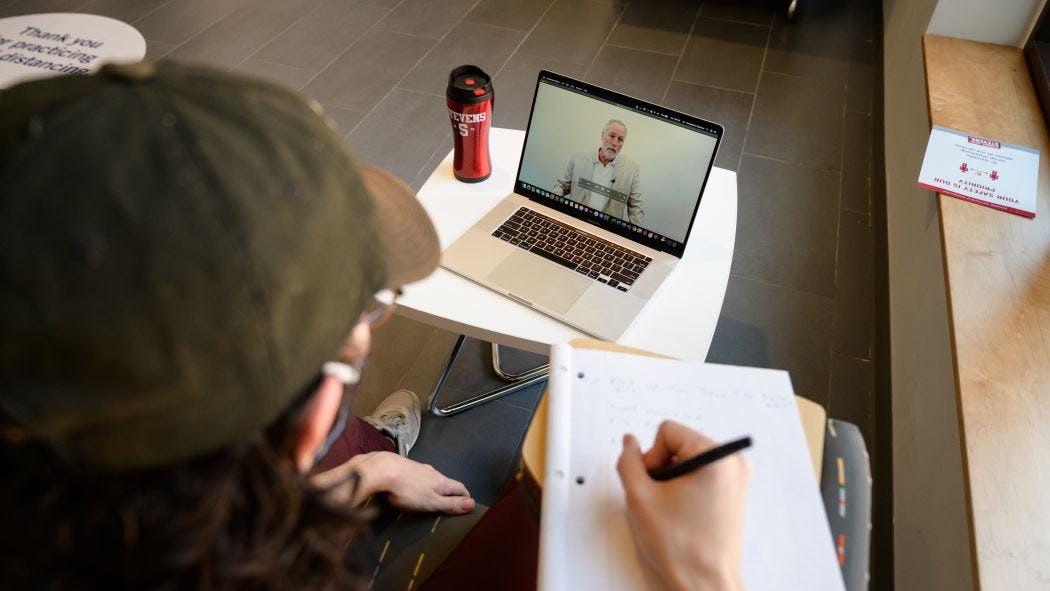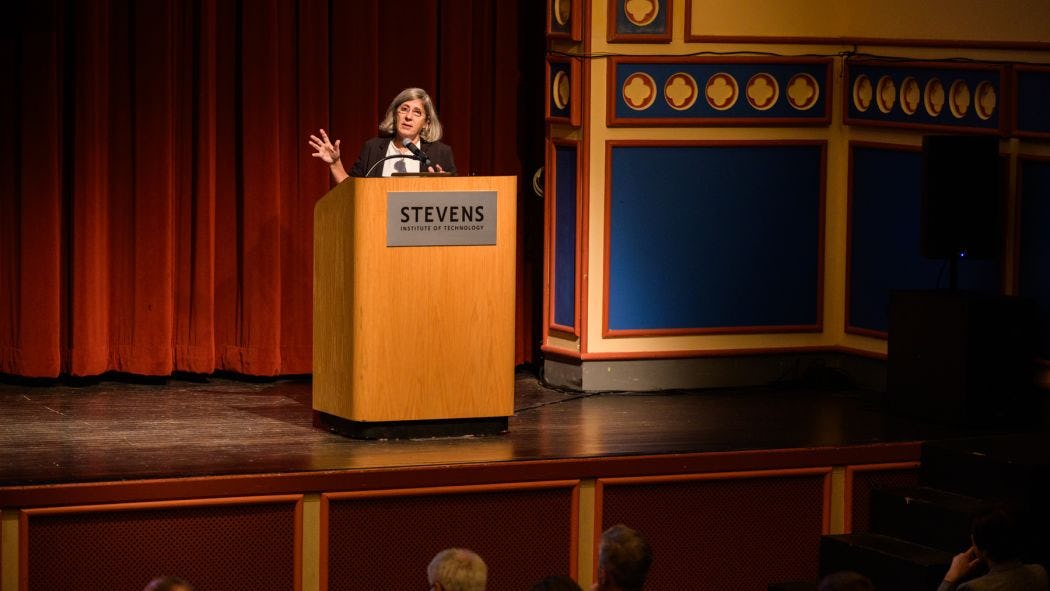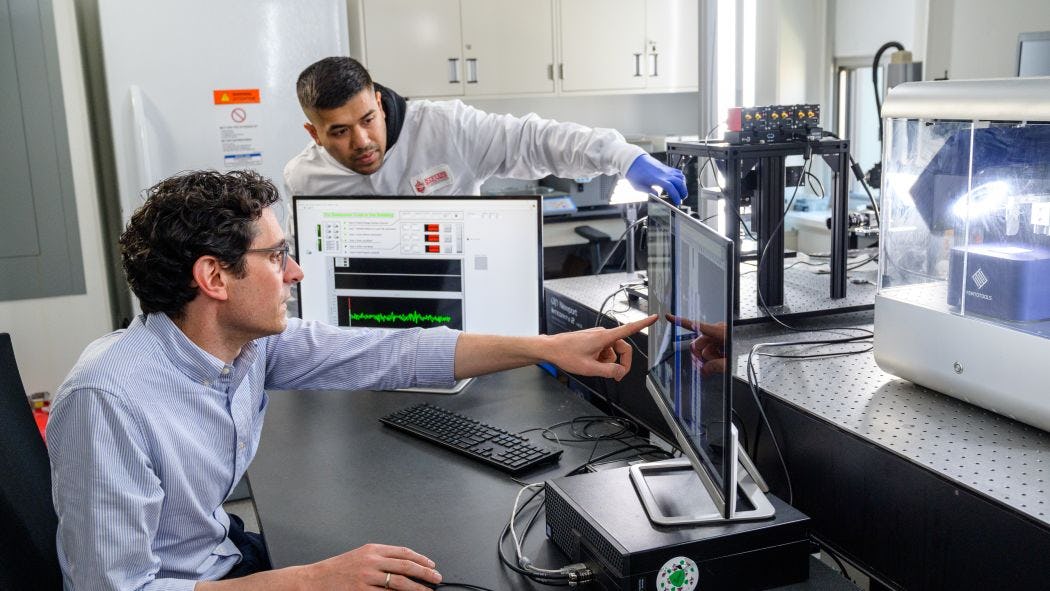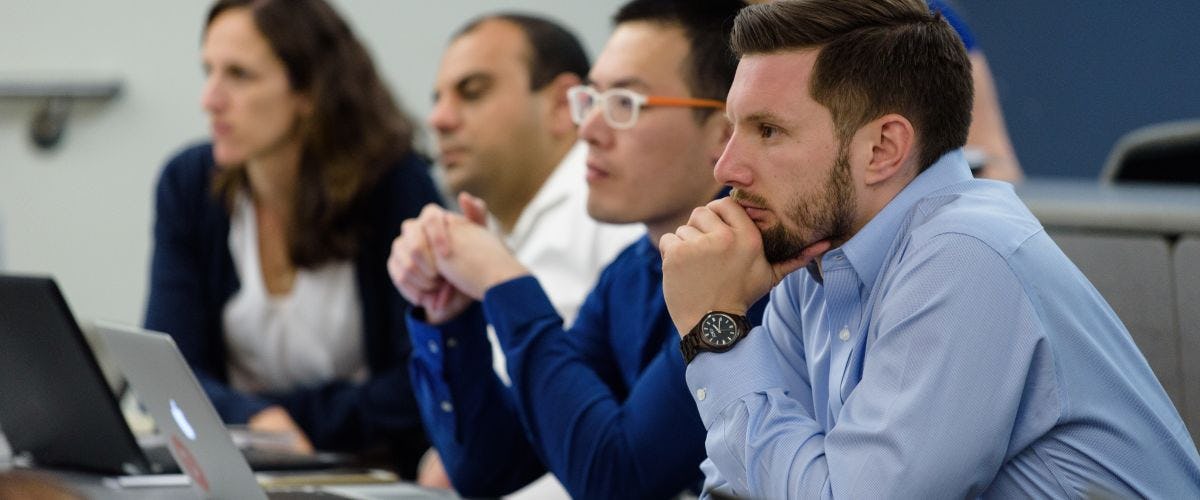Graduate Studies in the Department of Biomedical Engineering Offer Access to New York and Widen your Career Options
Join an entrepreneurial culture that fosters new technologies from concept to commercialization, with a focus on nanotechnology, biomedical technology and healthcare delivery.
Our design-driven degree programs in the emerging fields of biomedical engineering and bioengineering will give you the tools you need to assume professional and leadership roles in the biotechnology, pharmaceutical, medical device and life sciences industries, as well as in academic, research, clinical and regulatory institutions. The department also offers a "mini-graduate" program leading to the Certificate of Special Study in Bioengineering.
Thanks to our active alumni community and central location, you’ll be able to build your professional network and explore career opportunities in New Jersey and New York City, both global hubs for the booming pharmaceutical, medical research and technology industries. Department graduates are also well-prepared to further their studies in medical, dental, veterinary and other professional schools.








